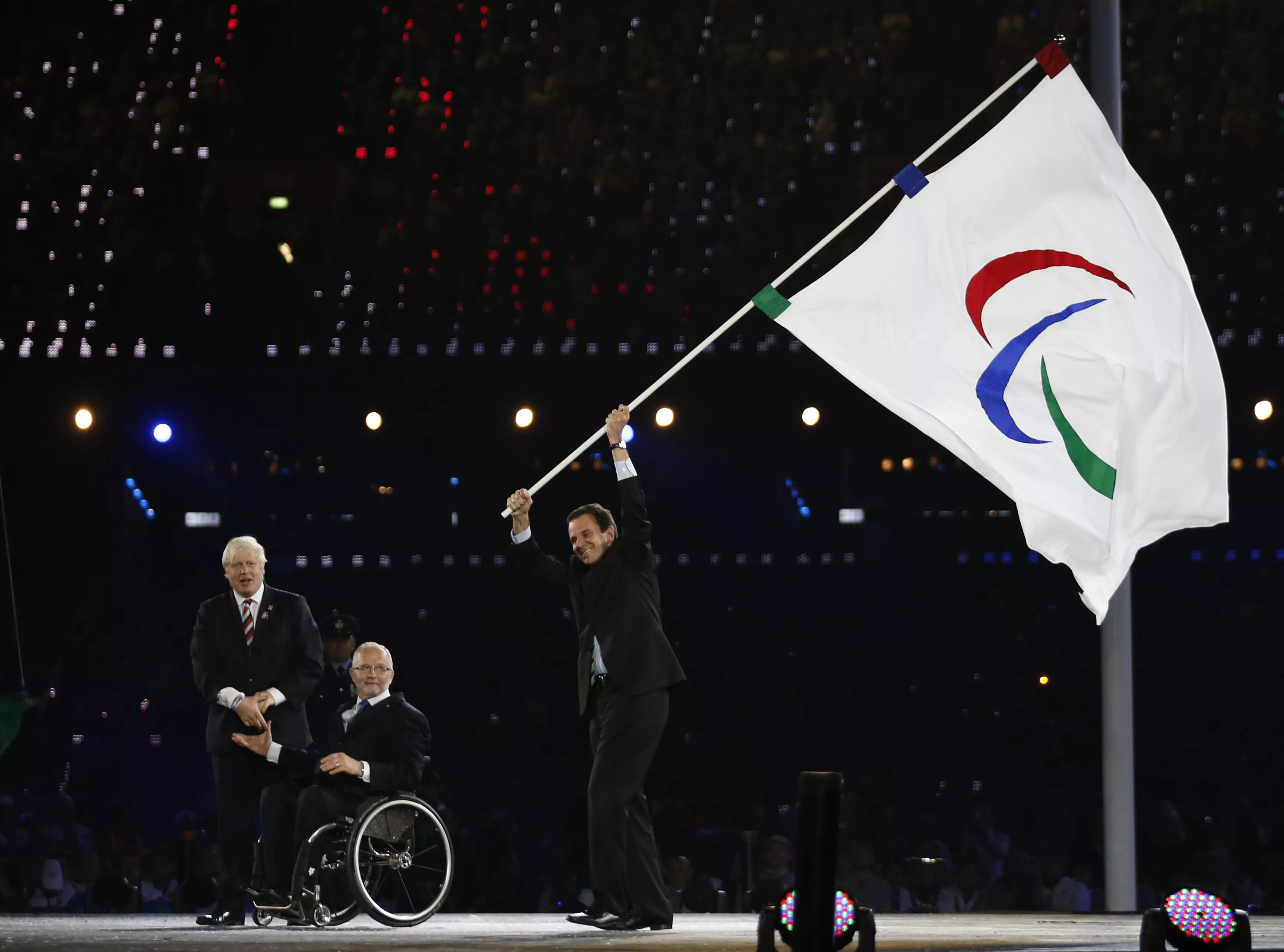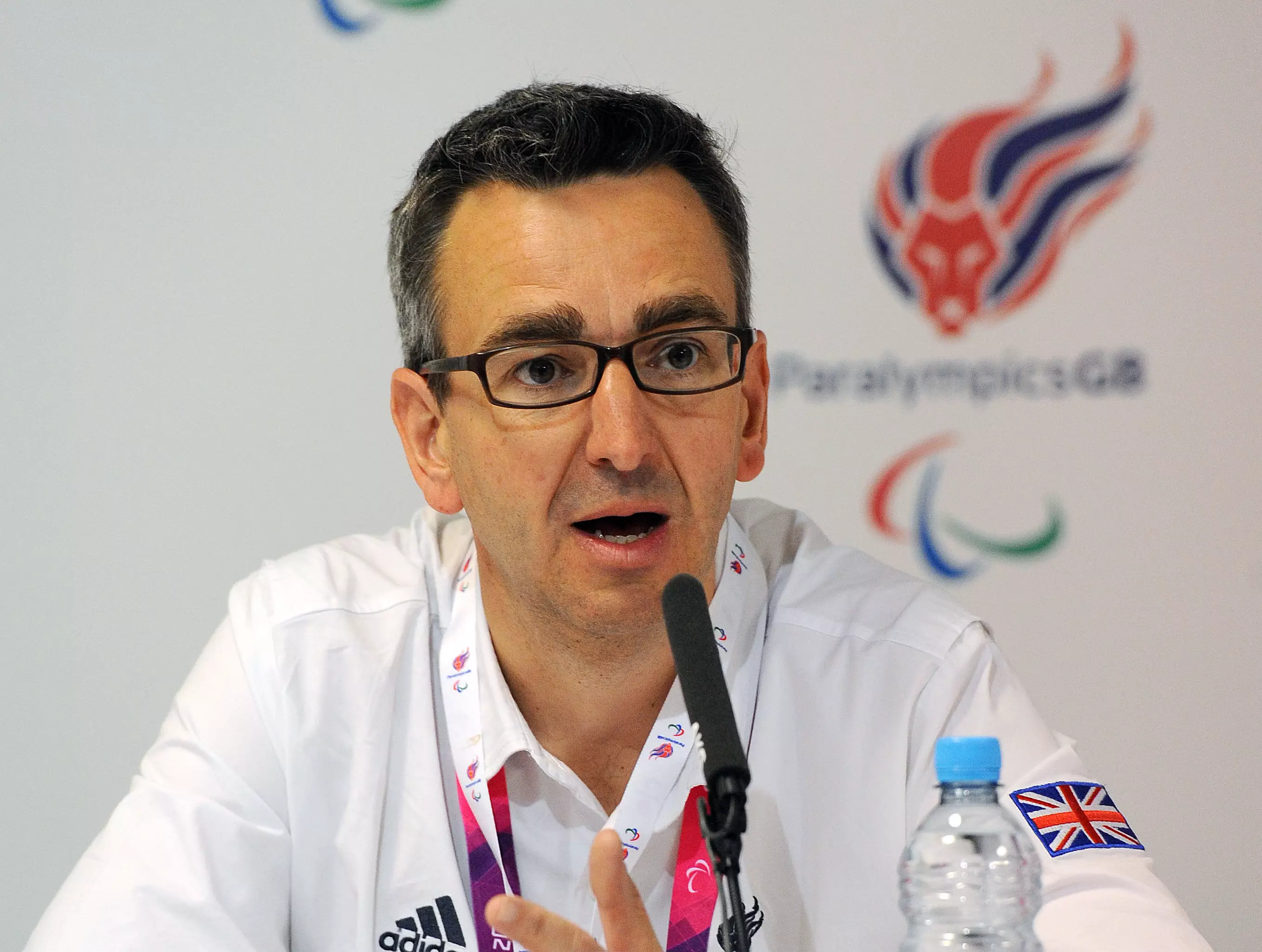
Closing ceremony, London 2012. Featured image credit: Press Association
Something incredible happened in London four years ago. Not only did Great Britain secure its best medal count in GB Olympic history, it also exceeded expectations to become the most successful Paralympics ever. Questions were raised as to why this was, but for me it was because the stigma of disability was broken down into sizeable chunks and London created an environment for meaningful debates around disability.
'Is it okay' was the popular feature in Channel 4's The Last Leg. It was a concept that allowed social media users to ask questions without being judged. Presenter Adam Hill was clear in his plea that he wanted people to be as honest as possible. As you can imagine, the questions came flooding in.
The Channel 4 programme provided a nightly Paralympic round up and found the balance in providing edgy humour, which broke down the barriers surrounding disability, and general understanding.
Video credit: YouTube/Channel 4 (UK Paralympic Broadcaster)
Advert
"Is it okay to ask how an athlete with no arms gets out the pool," for example. Simple questions that when answered by disabled presenters, who didn't shy away of ripping the shit out of their own disability, began to break down the stigma attached to disability. Then, slowly, the country started to understand the athletes behind the sports and a change of attitudes was seen by all.
Following on from the success of the London Paralympic Games, which was the most successful in history, the question I want to know is how has Rio prepared for the Paralympics?
"We have been regularly going out to Rio since even before London to understand the environment and to be clear about where we are going to place ourselves," Chief Executive Officer of the British Paralympic Association, Tim Hollingsworth, told The LADBible. "I think what has become apparent from the Olympics is that there have been several challenges with the Games in relation to its organisation."

Chief Executive Officer of the British Paralympic Association, Tim Hollingsworth, believes that it would be optimistic to suggest that Rio is likely to see a sizeable legacy as a result of the Paralympics. Image credit: Press Association
Advert
In a city that is famous for its steep mountains, dusty streets and carnival atmosphere, questions as to whether the city of Rio can draw the same engagement as London did in 2012 are not just on our minds. "I think Rio is a brilliant and beautiful city. Equally, it is that brilliance and beauty that makes it hard to get around and that has been one of the areas of concern that's been identified," Hollingsworth said.
London was unique - its streets clean and the venues were built to last. However, there is still a lot that we can do. It's not just in the hands of Rio. The latest statistic shows that 62 percent of disabled people in the UK still say that they are treated differently because of their impairment. "The Paralympics has a powerful impact on changing attitudes, but by no means does that mean that the change of attitudes is now complete," warns Hollingsworth. "Collectively, as a nation, we still have a long way to go, but London 2012 provided the opportunity for debate on positive ground."
Money was spent in the right places for the 2012 Paralympics and Channel 4 pushed us to 'meet the Superhumans' in a way that has never been done before. Four years later, it has done it again. "You only have to look at Channel's 4 recent marketing campaign, "Yes I can." It is telling the story since London," says Hollingsworth. "It is realising that 'yes I can' is the language we should be using around disability instead of 'no you can't'. It was London that created that environment." What Rio does now is another matter.
Video credit: YouTube/Channel 4 (UK Paralympic Broadcaster)
Advert
"I do hope that the authorities and the organising committee has the capacity and resources to do to the Paralympics justice, given what London did," adds Hollingsworth. "The most important thing to understand about Rio is that on the field of play, the standard of competition will be greater and higher than any other Games because over the past four years standards around the world in sport has picked up."
"More nations have become more involved and more funding is supplied around the world for elite disabled sporting events," explains Hollingsworth.
Meanwhile, our home-grown athletes are preparing for their chance to medal on the world's stage at this year's Paralympics, which kicks off on September 7.

Terezinha Guilhermina is a beacon of hope in Brazilian athletics. Image credit: Press Association
Advert
Hollingsworth concludes: "The thousands of disabled athletes, it would be optimistic to suggest that there is a likely sizeable legacy as a result of the Paralympics in terms of physical accessibility. Let's hope that, rather like London, what it can do is demonstrate to Brazilian society that it can show how attitudinal change can lead towards equality."
The eyes of the world may be focusing on the disabled athletes when they gather in Rio but it's what happens after that will be deciding the factor as to whether Rio was prepared. Will the host city use the Paralympics as a catalyst to change negative attitudes towards disabled sport, or will the opportunity simply pass it by? The opportunity to change is in your hands Rio.
Words: Hamish Kilburn
Featured Image Credit:Topics: rio